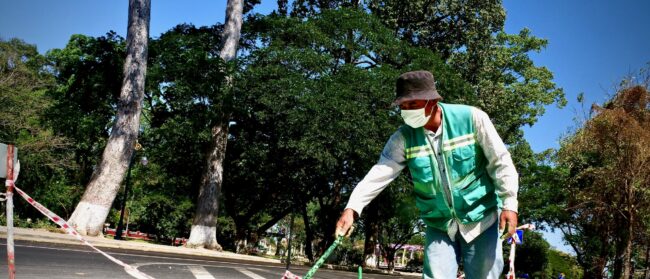In Ho Chi Minh City, preparations for Tết are in full swing. Flower vendors are set up on street corners and a heavy layer of smog has settled around the city with the hustle leading up to the Lunar New Year.
“Tết is like the combination of New Year’s, Christmas and your personal birthday combined into one holiday,” said Thanh, a Ho Chi Minh City native.
“When we think about Tết, we think about reunion with family,” said Thanh, who asked for his real name to be withheld due to the sensitivity of critiquing government policy. “Usually there would be a huge number of people who want to go home before Tết. People would fly home from all over the world to return to Vietnam.”
With between 4 to 5 million Vietnamese living abroad, the Tết holiday brings a flurry of arrivals to the country. But for the past two years entrance into Vietnam hasn’t been easy.
Many Vietnamese citizens living overseas have been dispirited by the difficulty, or impossibility, of returning to Vietnam since the outset of the Covid-19 pandemic.
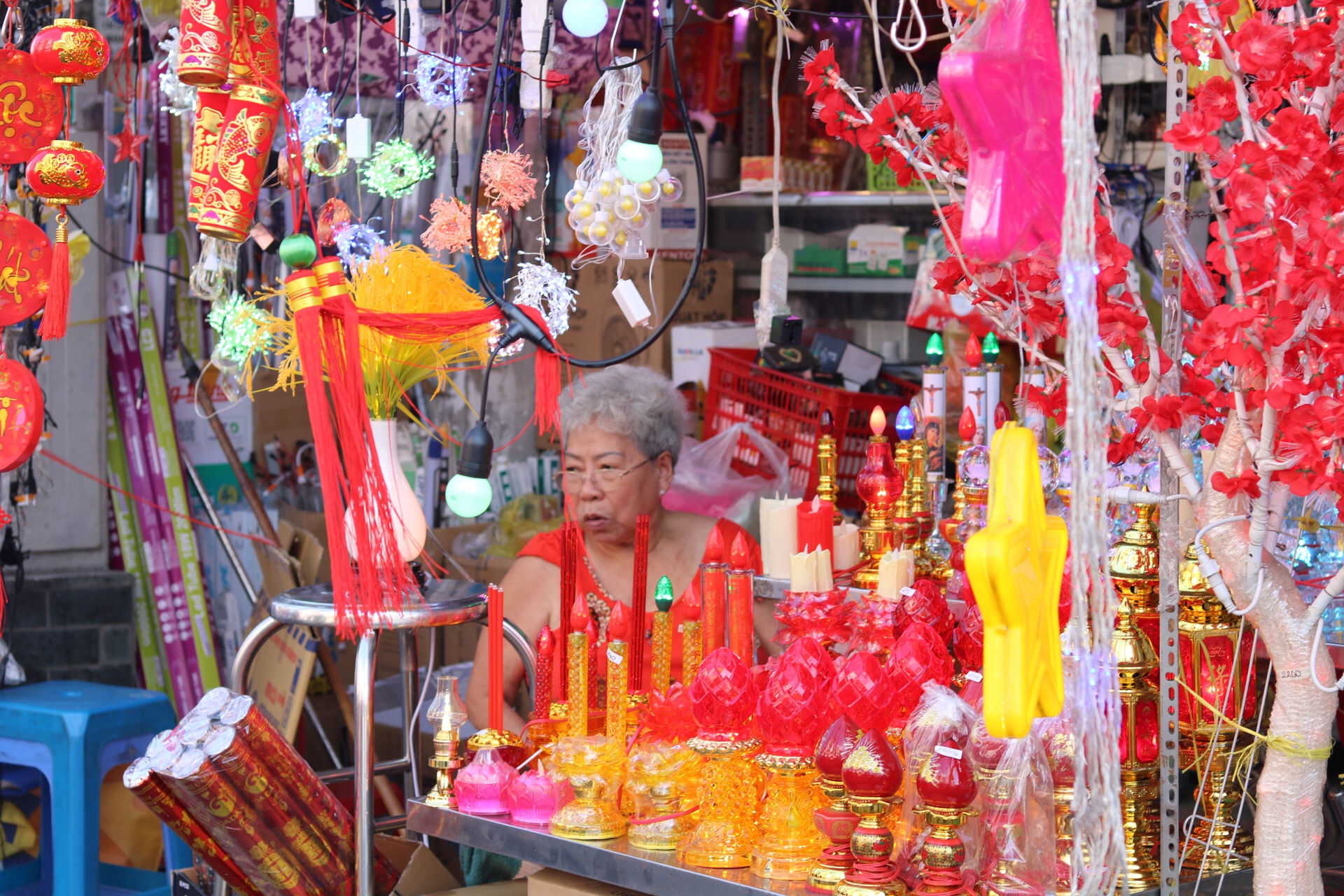
Vietnam closed its border on 22 March 2020 to stop the spread of the coronavirus. Arrivals to the country came mostly to a halt but the government allowed the entry of diplomats, investors, business managers, high-skilled workers and foreign experts. An expert visa was a common means to garner entry into the country but was an option denied to Vietnamese.
Vietnamese citizens were limited to repatriation flights with long waiting lists, few and far between charter flights and, since the opening of neighbouring Cambodia’s borders on 15 November, flying into Phnom Penh and taking ground transport to Vietnam.
While the Vietnamese government approved the return of commercial flights from select countries starting 1 January, it has been a bumpy start to the resumption of international travel.
Prices are bloated, flights are limited and before Decision 450 was issued on 18 January, entry approval paperwork stymied many. Under the new ruling, overseas Vietnamese and foreign workers can now enter the country without approval from the local people’s committee and immigration department.
Despite the easing of restrictions, some are still frustrated by the inequity: the high cost of entry, often fueled by corruption, turned travel to the country into a luxury. Further, while travel restrictions aligned with the government’s ‘Zero-Covid’ policy, once cases of the virus ballooned in the summer of 2021 the continued barriers felt increasingly unreasonable.
“Personally, I think it is very inhumane because people want to go home and they can’t unless they pay half of their savings,” Thanh said. “The government doesn’t really care… Nobody is advocating for overseas Vietnamese.”
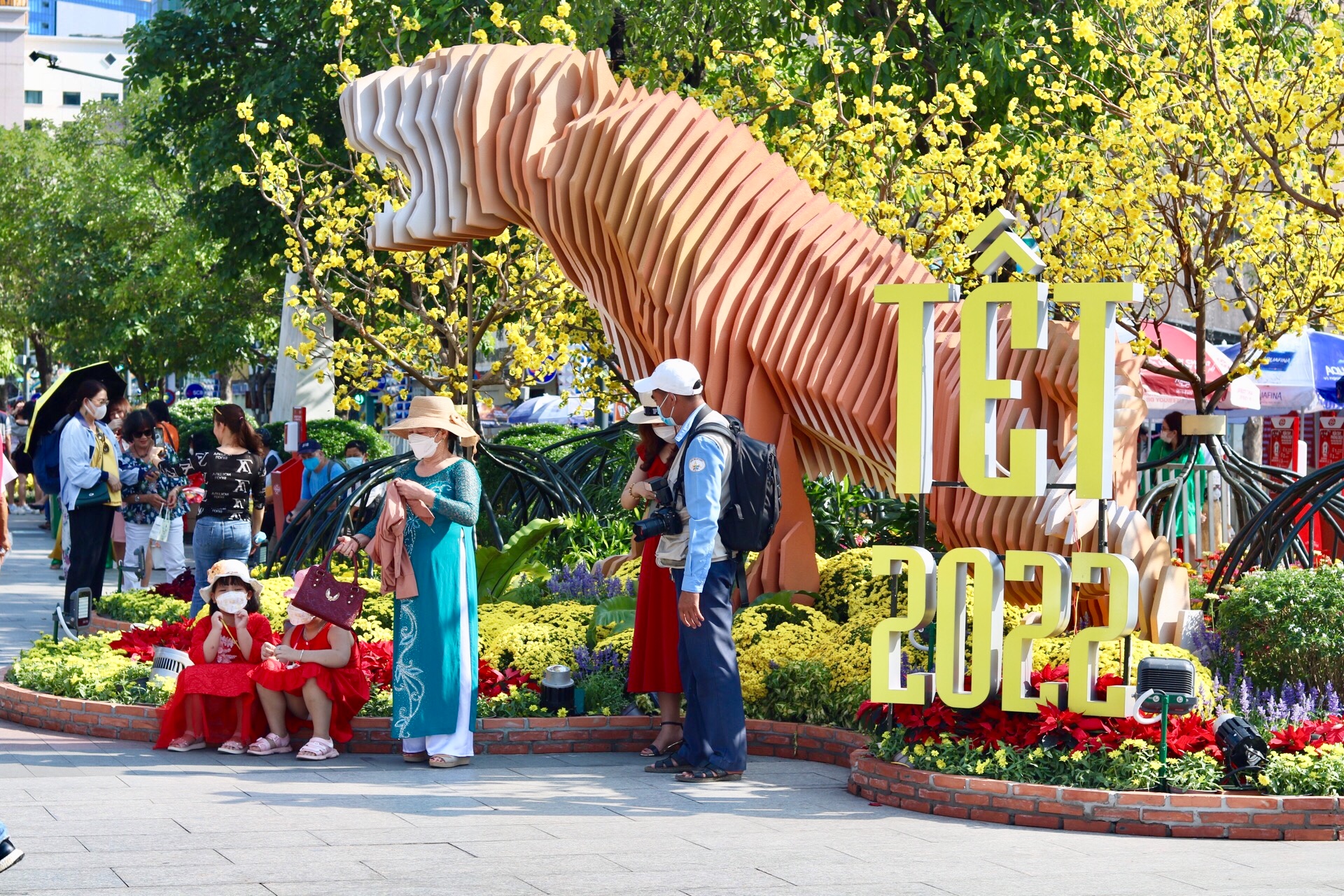
During the pandemic, the Ministry of Foreign Affairs has been the gatekeeper of entry into Vietnam. In late January, four officials including the general director of the ministry’s consular department were arrested on suspicion of taking bribes.
The officials are under investigation for licensing companies to arrange flights for Vietnamese abroad to return home.
Nguyen Khac Giang, a Ph.D. candidate at the Victoria University of Wellington focusing on Vietnam and Asian affairs, said state-sanctioned repatriation flights were well-intentioned from the outset but the system was vulnerable to corruption.
“There is no accountability, there is no checks and balances and there is no transparency, it was unavoidable that there’d be some corruption going on,” Giang said.
When the government began offering repatriation flights, the Ministry of Foreign Affairs was tasked with assigning priorities for who would be given entry and approving lists of individuals signing up to the flights collected by Vietnamese embassies abroad. Without sufficient capacity to organise flights, private companies were assigned as liaisons.
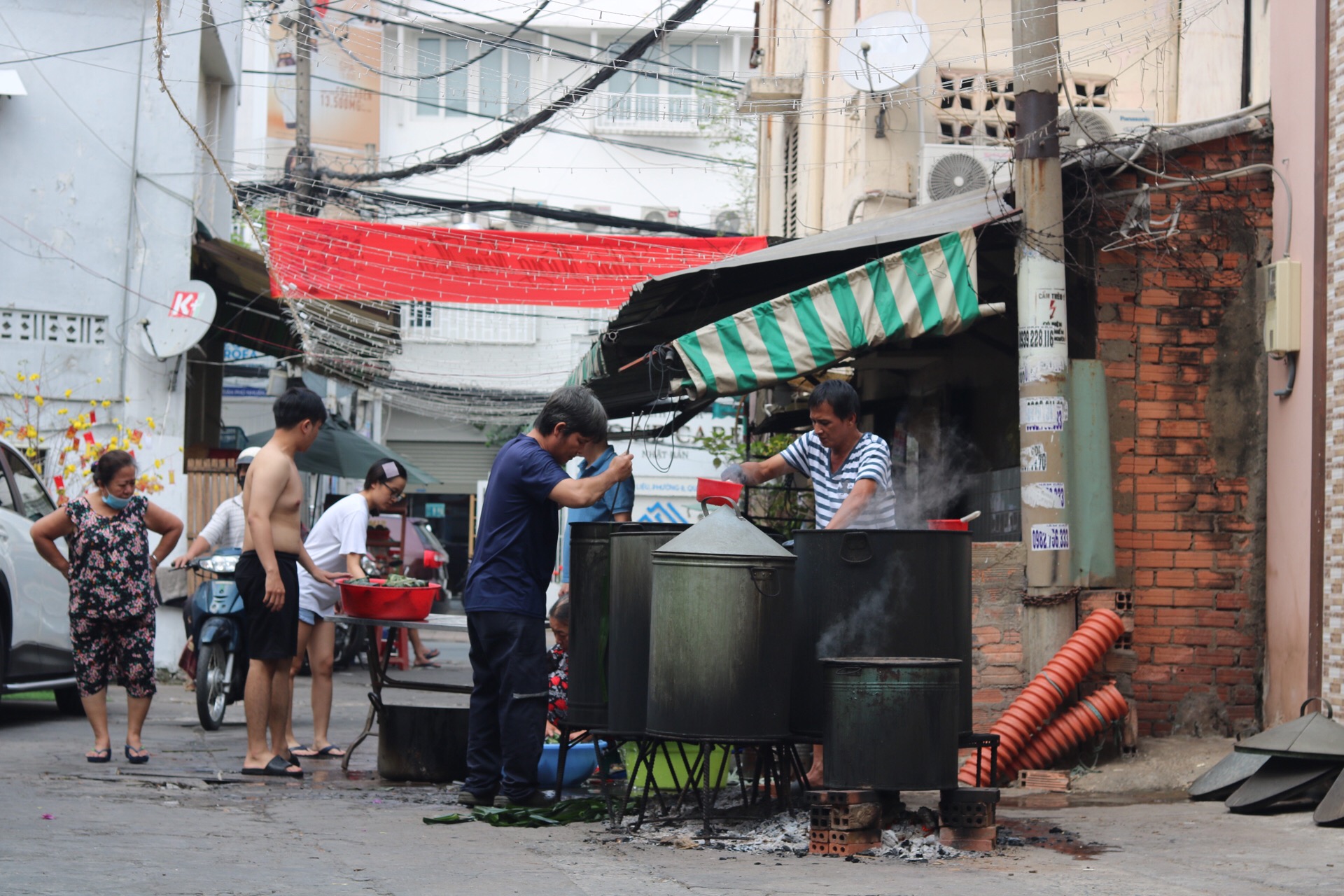
“There is some kind of formal list. The first one will be pregnant women, the second one will be students and old people… but it never happened like that,” Giang said. “People understand that if you don’t want to put your destiny on luck you have to pay something.”
Thanh from Ho Chi Minh City said demand for seats on repatriation flights increased sharply during the early months of the pandemic. As western countries weathered massive outbreaks of Covid-19, Vietnam had tight control of the virus. In April 2021, only 35 people had died of Covid-19 in Vietnam and many wanted to return to the country.
With limited supply and high demand, those with extra cash were able to bribe their way onto planes. “As usual, there is corruption,” Thanh said.
“The official price is around $2,000, which is already very expensive but then the price on the black market can be up to $8,000 for a single seat,” he said. “I know several people paid that much for their ticket.”
Based on Thanh’s understanding, travel agencies would advertise the pricey tickets online and make under-the-table deals with embassies to have customers assigned seats and share the profit of the exorbitant fee.
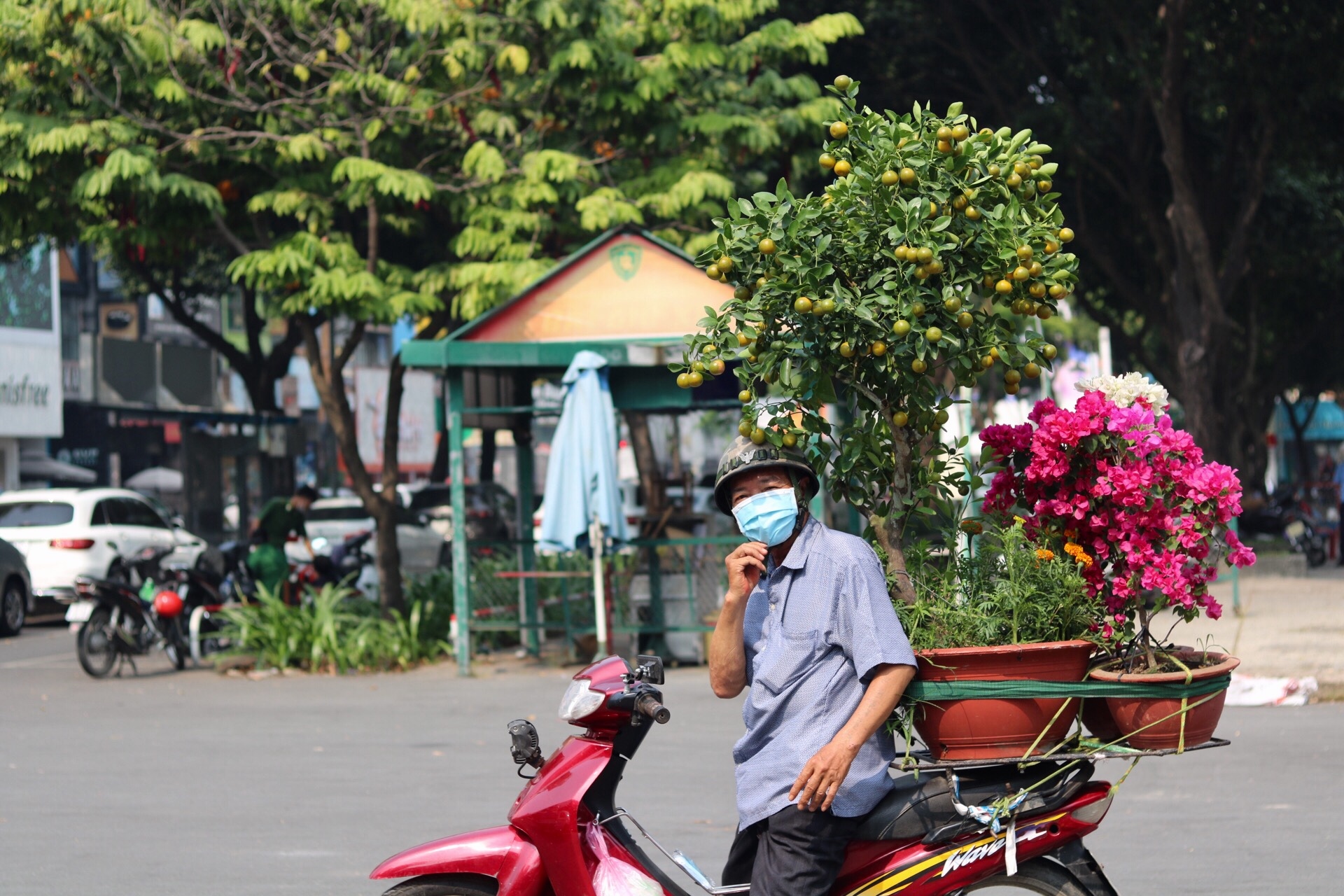
Before the pandemic, flights from the US to Vietnam ranged from $500 to $1,000 depending on the season. The few charter flights arranged by the government were also costly, around $3,000 to $4,000, Thanh said.
Tran Nguyen returned to Vietnam from Australia in April 2021, experiencing the costly dealings of securing entry on a charter flight. With approval paperwork still necessary for entry into Vietnam before the 18 January resolution, Nguyen turned to a travel agent recommended by a friend.
“That kind of paper costs money. It cost like $2,500 just for one document. Just one piece of paper that allows me to come back even though I am Vietnamese and I’m holding the Vietnamese passport,” she said. “There’s no way I can get that paper if I didn’t go through an agency.”
Including the flight ticket, and arriving during a period where she needed to pay for an extra week in quarantine, the total cost of Nguyen’s journey from Australia to Vietnam was $5,500. In the past, she said, she could buy a return ticket for $700.
“For Westerners, it’s easier. They keep saying they only welcome Vietnamese but that’s actually not true,” she said. “We are not welcome. We have to pay. We have to pay a lot.”
Thanh, who has lived in California for the last decade, holds dual citizenship in the US. With his US passport, he was able to come to Vietnam on an expert visa sponsored by a company in Hanoi.
I think there is a kind of discrimination against Vietnamese for getting back to Vietnam”
Nguyen Khac Giang, Ph.D. candidate at the Victoria University of Wellington
The inability for those who have sole Vietnamese citizenship to come to the country as an expert has been criticized for its unfairness. While foreigners have been able to come to work in Vietnam based on their expertise – and some sponsored illegitimately by shell companies – Vietnamese have not been allowed the same privilege.
Giang of Victoria University said Vietnamese friends living abroad with ample ‘expert’ qualifications have been offered jobs to work in Vietnam during the pandemic but have not been “allowed to get back.”
“I think there is a kind of discrimination against Vietnamese for getting back to Vietnam,” he said. “It means if you are Vietnamese you can’t be an expert, it’s crazy.”
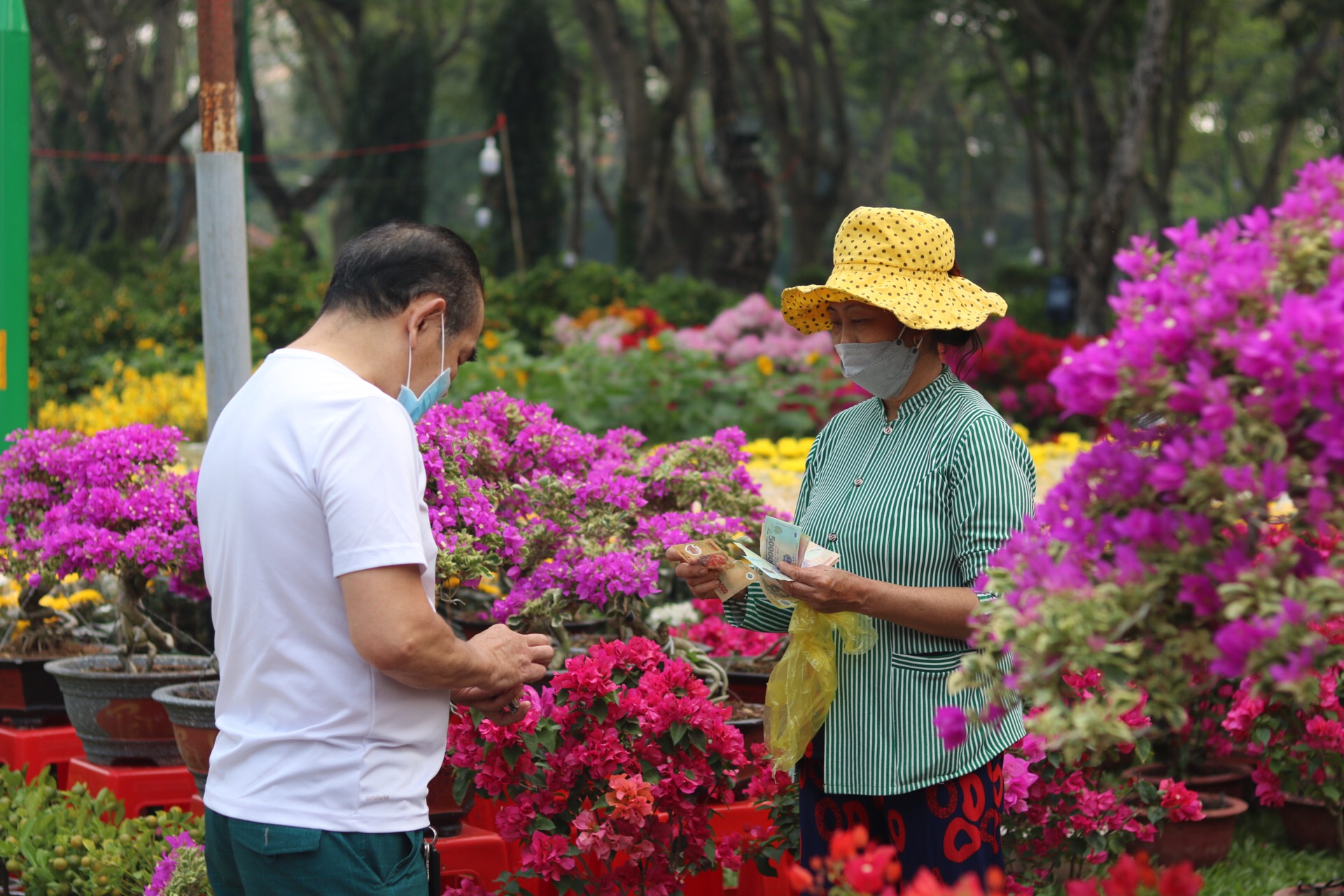
From mid-November, some began considering entry to Vietnam bypassing Vietnamese airports. According to Thanh, this route began picking up steam in early December when Vietnamese economist Huynh The Du wrote an article describing an easier and cheaper route into Vietnam by flying to Phnom Penh.
His article in a local news outlet, VnExpress explained a “rescue” flight from the US to Vietnam would cost a total of $2,500 whereas a flight to Cambodia and crossing the border to Vietnam totaled $1,250.
After the article was published, a group sharing advice and experiences on the Cambodia route to Vietnam sprung up on Facebook, quickly growing in popularity.
“After he wrote that article, within a few days that group had 10,000 people,” Thanh said. Today the group has more than 28,000 members.
In November, Huy, who wanted only his first name to be used, began planning a way for his 20-year-old son to return from his studies in Vancouver, Canada, to their home in Ho Chi Minh City’s District 7.
After failing to get his son on a repatriation flight, Huy turned to the Cambodia route.
“I asked the Vietnamese Consulate General but they did not reply,” he said. “Even now I have not yet received any reply from them.”
Huy’s son arrived in Phnom Penh in early January and tested positive for Covid-19 at the airport. After 17 days in quarantine in Cambodia, he took a $7 bus crossing between the two countries at the Moc Bai border gate and arrived in Ho Chi Minh City on 21 January.
“I feel relieved because it took so much time to prepare and adjust the plan,” Huy said. “I think that the Cambodian government and people have supported many many Vietnamese to come back home from November to now.”
In the first weeks of January, there were few flights coming into Vietnam and Huy said many flew into Cambodia before arriving in Vietnam. He thinks the purpose of the group is nearing its end as flights increase and restrictions ease, but he remains a member to assist anyone seeking advice on entry to Vietnam.
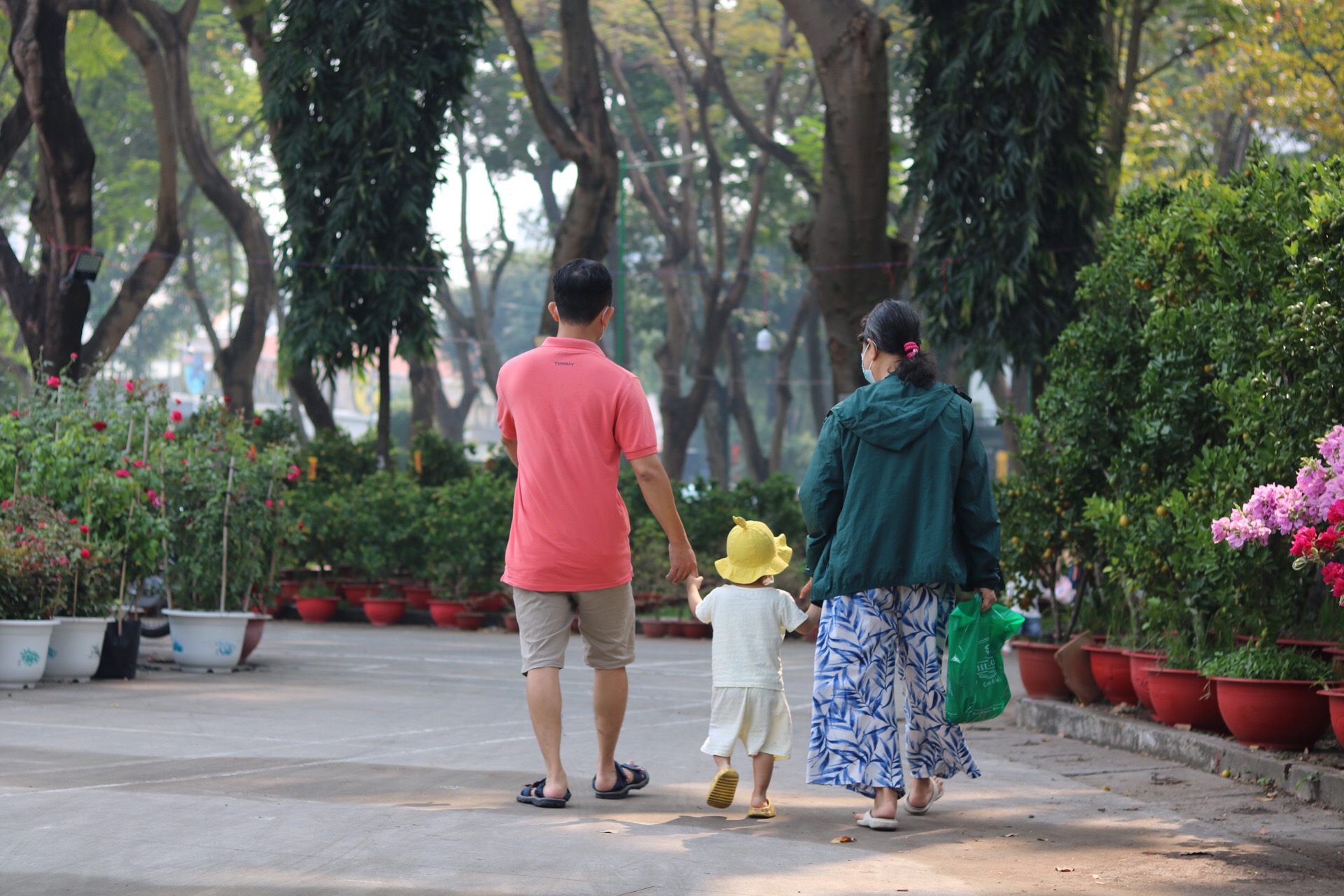
“Many Vietnamese overseas even cry in the [Facebook] group… it takes years that they couldn’t come home to their parents,” he said. “I still support anyone I can help. This is the way I show my appreciation to the group and members.”
For Huy, the guard rails for entry to Vietnam have not been based on sound policy. Particularly since a Delta-fueled outbreak began in May 2021 put a stop to the country’s ‘Zero Covid’ aspirations.
While the country kept a tight lid on the virus for the first 18 months of the pandemic, there are now more than 2 million positive cases with 15,672 new cases announced on 27 January.
“Even in January they still think the overseas Vietnamese will bring the virus to Vietnam but there are so many infected cases in Vietnam. At that time the flight from overseas to Vietnam was double. It’s not fair,” Huy said.
“We know who made difficulties for us and will remember that,” he said.
Thanh agrees. Initially, he didn’t blame the government, but said the early period of the pandemic was chaotic and nobody knew how to handle it. After months of Covid travel restrictions, and with many active cases remaining in the community, the hardship Vietnamese face to return to their native country feels unreasonable and unfair for those who can’t afford the expensive workarounds.
“They have that policy that kind of prevents Vietnamese to visit Vietnam,” he said. “It’s just surprising that they can get away with it.”
Photos by Govi Snell

